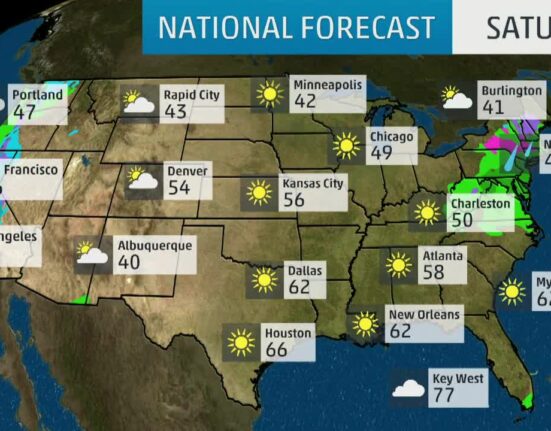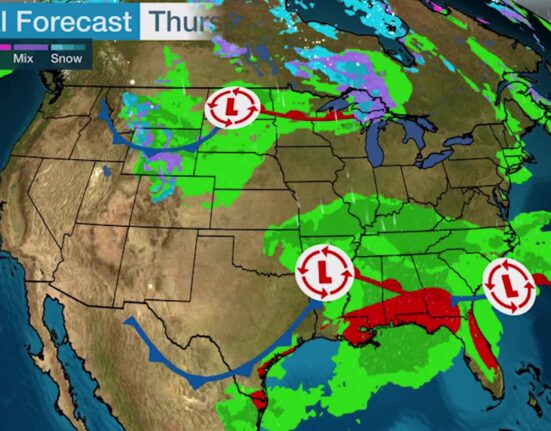Sydney, a city known for its stunning beaches and picturesque harbors, is facing a pressing issue – pollution. The sight of dark debris balls washing up on Coogee and other beaches is not just an aesthetic concern but a symptom of a much larger problem lurking beneath the surface.
The aging sewerage network in Sydney is struggling to keep up with the demands of a growing population, projected to reach 6.3 million by 2041. The system is reaching its capacity, leading to overflows and contamination of water bodies. Professor Stuart Khan from the University of Sydney highlights the urgency of the situation, emphasizing that the current trajectory will require extensive and socially challenging infrastructure upgrades.
“The system is reaching its breaking point. Without intervention, we may have to resort to building new sewers stretching from western Sydney to discharge sewage into the ocean,”
warns Professor Khan.
One visible consequence of this strain on the system is the presence of debris balls at popular beaches, composed of fats, faeces, and pollutants from sewage. Investigations have traced these pollutants back to the sewerage system itself. The environmental watchdog has mandated assessments and expert consultations to address these issues effectively.
Sally Rewell, manager of one of Sydney’s key wastewater treatment plants serving nearly 2 million people, sheds light on the challenges faced in treating wastewater effectively amidst increasing volumes due to population growth.
“We are operating near our limits during peak times. To ensure clean waterways and beaches for future generations, we need innovative solutions,”
says Rewell.
The debate around upgrading wastewater treatment plants intensifies with calls for advanced treatments beyond primary levels provided by existing facilities like Malabar, Bondi, and North Head plants – collectively termed as “the dirty three.
” These plants currently offer only basic treatment methods compared to their counterparts in other Australian cities.
Professor Ian Wright underlines concerns about contaminants like PFAS and microplastics entering marine ecosystems through treated effluents. He stresses the importance of adopting advanced treatment technologies akin to European standards to safeguard public health and environmental sustainability.
As discussions pivot towards potentially introducing purified recycled drinking water into Sydney’s water supply mix as a proactive measure against pollution overload at coastal outlets like Malabar plant – experts remain divided on practicality versus public acceptance aspects involved in such transformative initiatives.
“
Purified recycled drinking water offers a cost-effective alternative with environmental benefits over conventional desalination methods,
” notes Kate Miles from Sydney Water System Planning division.
However appealing this approach may seem from an environmental perspective – challenges lie ahead concerning regulatory approvals and community perceptions regarding consuming recycled water despite robust purification processes being employed.
Sarah-Jo Lobwein’s grassroots efforts through SO Shire group underline community concerns about marine litter attributions primarily linked to inadequate waste management practices contributing significantly towards beach pollution incidents experienced across various Sydney coastal stretches.
“
Public awareness campaigns coupled with stringent regulations can help mitigate pollution hotspots originating from plastic waste mismanagement,” emphasizes Lobwein.
The narrative surrounding Sydney’s evolving pollution dynamics unveils intricate interplays between infrastructural limitations within aging sewerage networks alongside heightened public expectations towards sustainable resource management frameworks ensuring long-term ecological viability across urban landscapes.
In conclusion – addressing systemic inefficiencies contributing towards oceanic pollution requires holistic interventions ranging from technological upgrades at critical junctures within wastewater treatment cycles towards fostering greater societal responsibility aimed at curbing polluting behaviors detrimental to marine ecosystems’ well-being in urbanized coastal regions globally.









Leave feedback about this